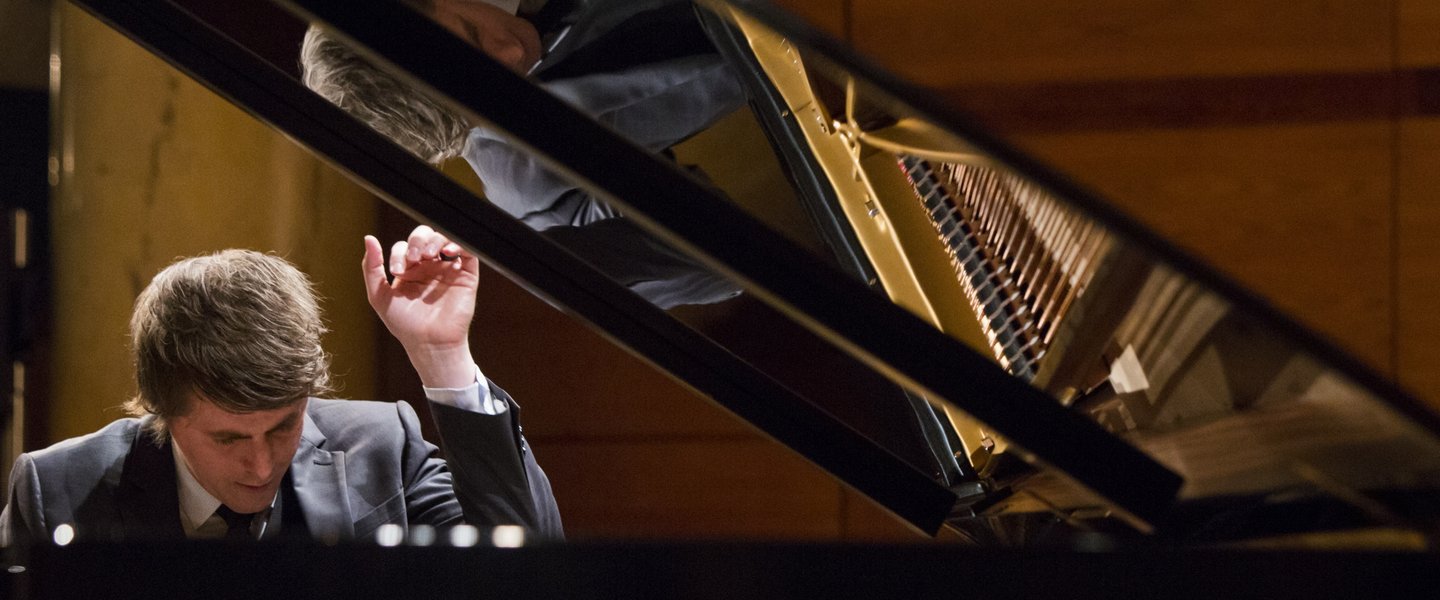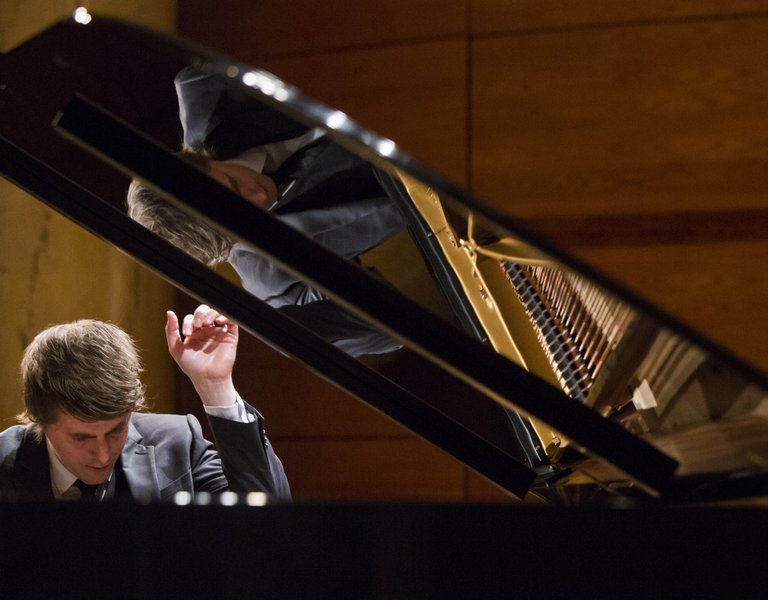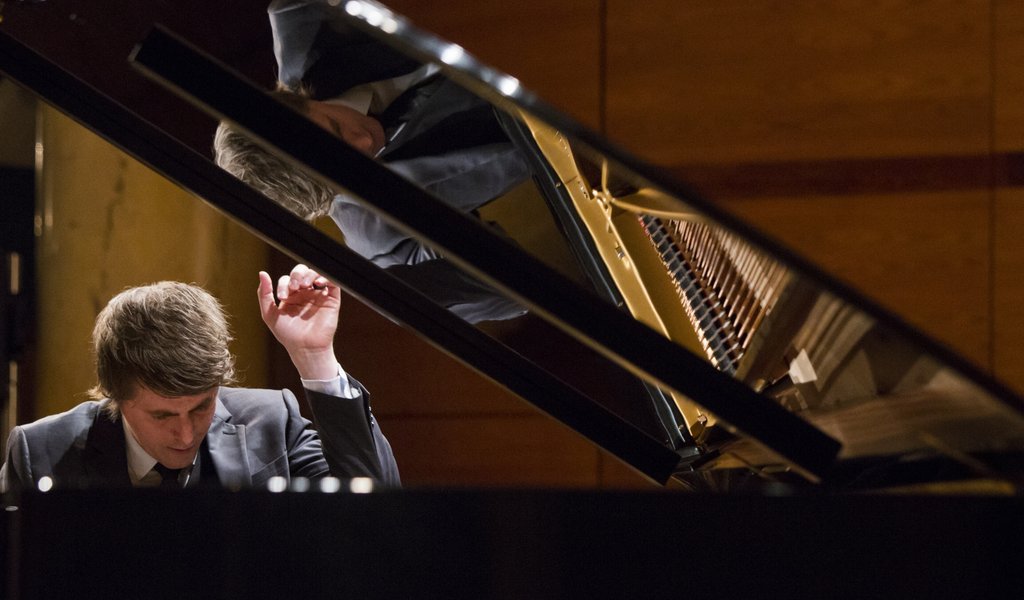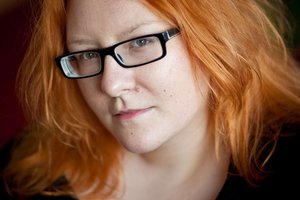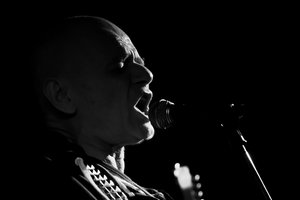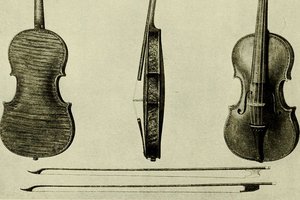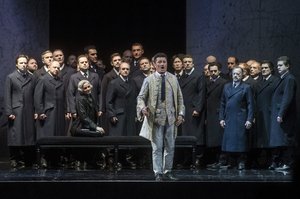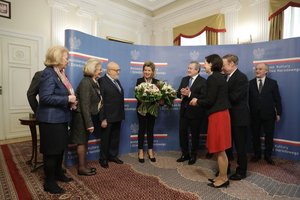Chopin for all generations
This year's edition of the Chopin Competition, scheduled to take place in Warsaw from 1 to 23 October, brings the Polish composer’s music to both young and old.
“Bam-bam-bam,” goes the humming. A motley crowd consisting of a thirty-year-old with a twirled moustache, resembling a 19th century dandy, a silver-haired woman, a pensioner and a five-year-old boy with freckles, stand side by side, earbuds in their ears, humming the same tune. The caption explains that they are listening to E-major waltz, op. 18. “Chopin, as if he was alive,” says the lady, as the speaker adds: “Download the free Chopin Competition app for your smartphone.”
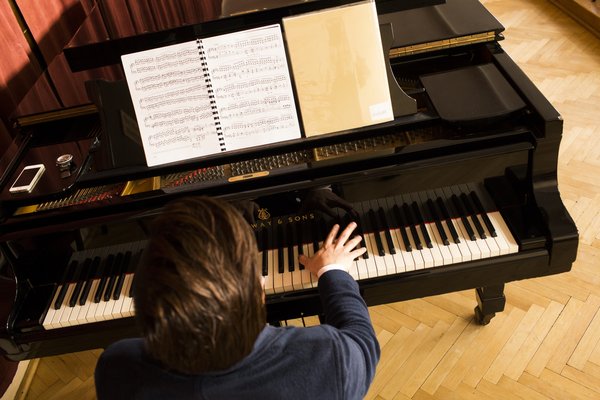 The mobile app is one of the tools that the organisers of the 17th International Chopin Competition, to be held in Warsaw between 1 and 23 October 2015, are using to reach a wider audience. They believe that Chopin’s music should be shared with everyone and therefore have developed ways to bring his music closer to the public. With this in mind, films promoting downloadable mobile apps have been created to overcome technological barriers. This is why the organisers have filmed the reactions of Chopin lovers, both young and old, listening to the composer’s music. The clips will be shown alongside thousands of materials until 31 October, during the international promotional campaign, the most extensive one of its kind since the Chopin Competition was initiated 88 years ago.
The mobile app is one of the tools that the organisers of the 17th International Chopin Competition, to be held in Warsaw between 1 and 23 October 2015, are using to reach a wider audience. They believe that Chopin’s music should be shared with everyone and therefore have developed ways to bring his music closer to the public. With this in mind, films promoting downloadable mobile apps have been created to overcome technological barriers. This is why the organisers have filmed the reactions of Chopin lovers, both young and old, listening to the composer’s music. The clips will be shown alongside thousands of materials until 31 October, during the international promotional campaign, the most extensive one of its kind since the Chopin Competition was initiated 88 years ago.
In Poland alone, 450 large-scale adverts will be placed and Poland’s public broadcaster and commercial channels will broadcast promotional short films over one thousand times. The films will be even be shown up to several million times on mobile screens installed in public transport. They will be accompanied by commercials in cinemas, on Polish radio and online. A special #chopinbezgranic (#chopinwithoutborders) campaign will also be conducted on social media platforms.
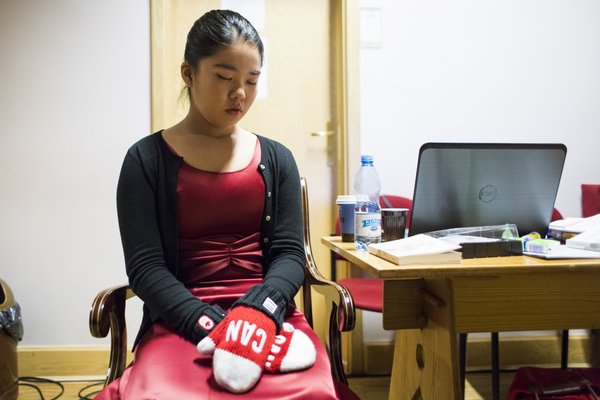 “Chopin is one of the most famous composers in the world. Most potential listeners probably know what his music is and what it sounds like. In our campaign, we want to show the depth, the easiness and the shared experience of listening to Chopin’s music. A random listener usually finds things in Chopin’s music that move and inspire them. You can see this clearly in our campaign, where you can’t hear the music, but you can see how others react to it. This provocative campaign intends to promote music tacitly, the music that is somewhere there, implied,” says Grzegorz Michalski, spokesperson for the director of the Frederic Chopin Institute responsible for the Chopin Competition.
“Chopin is one of the most famous composers in the world. Most potential listeners probably know what his music is and what it sounds like. In our campaign, we want to show the depth, the easiness and the shared experience of listening to Chopin’s music. A random listener usually finds things in Chopin’s music that move and inspire them. You can see this clearly in our campaign, where you can’t hear the music, but you can see how others react to it. This provocative campaign intends to promote music tacitly, the music that is somewhere there, implied,” says Grzegorz Michalski, spokesperson for the director of the Frederic Chopin Institute responsible for the Chopin Competition.
Folk musicians and jazzmen like Krzysztof Komeda or Leszek Możdżer, who were themselves inspired by Chopin’s music, have long since presented Chopin to the public. However, to an average Polish music listener, Chopin seems difficult. This difficulty to appreciate Chopin’s music properly is not shared by the thousands of classical music lovers who visit Warsaw from all parts of the world, including both Americas and Japan. For them, the Chopin Competition is one of the most important events in the last five years.
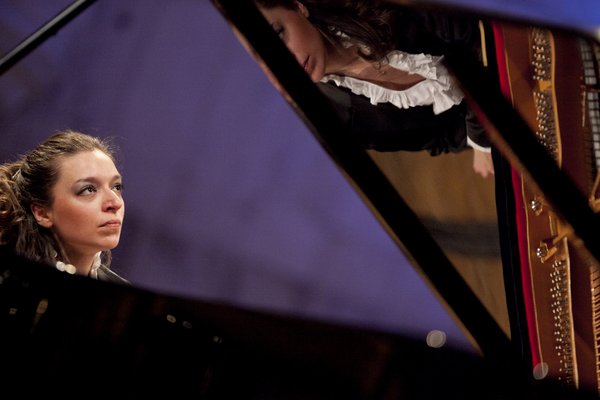 This year, the organizers also remembered about those who would not be able to attend the concerts in person. The contest, attended by 81 participants from 20 states, will be broadcast live on a special YouTube channel managed by the Frederic Chopin Institute as well as on the Institute’s website. It will also be possible to listen to the concerts via a mobile app. The elimination stage broadcast in this way in April proved that the demand for such a service is huge. The number of views went into the millions. “We are prepared for a huge, practically unlimited audience of millions. We will only see how big the audience really is once the competition is over. However, the response of our audience during the April’s elimination stage was so demanding that it was impossible to keep up with the comments that were being posted using the app,” adds Grzegorz Michalski.
This year, the organizers also remembered about those who would not be able to attend the concerts in person. The contest, attended by 81 participants from 20 states, will be broadcast live on a special YouTube channel managed by the Frederic Chopin Institute as well as on the Institute’s website. It will also be possible to listen to the concerts via a mobile app. The elimination stage broadcast in this way in April proved that the demand for such a service is huge. The number of views went into the millions. “We are prepared for a huge, practically unlimited audience of millions. We will only see how big the audience really is once the competition is over. However, the response of our audience during the April’s elimination stage was so demanding that it was impossible to keep up with the comments that were being posted using the app,” adds Grzegorz Michalski.
This year’s competition has around 30 organisers, including public institutions, organisations, private-sector companies and media, creating the opportunity to improve accessibility and openness of the event.
Also, this project is one of the initiatives of the “Accessible Culture” programme, managed by the Minister of Culture and National Heritage. The jury, led by professor Katarzyna Popowa-Zydroń, consists of 17 persons, including winners of previous editions of the Chopin Competitions: Marta Argerich (1965), Adam Harasiewicz (1955), Harrick Ohlsson (1970), and Akiko Ebi, Philippe Entremont, Andrzej Jasiński, Janusz Olejniczak, Piotr Paleczny, Ewa Pobłocka and Dina Yoffe.
The competition concerts will be preceded by two opening concerts: on 1 October by the National Philharmonic Orchestra led by Jacek Kaspszyk, with Martha Argeruch and Nelson Goerner, and a day later – by Garrick Ohlsson with the Men’s Choir and National Philharmonic Orchestra led by Wojciech Rajski.
KAROLINA KOWALSKA
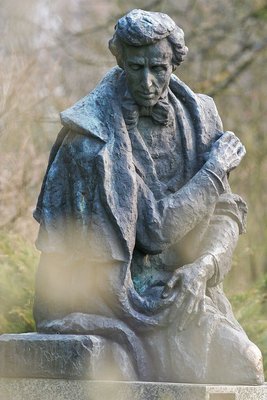
International Chopin Piano Competition
The competition is one of the oldest and most prestigious performance competitions in the world. Since 1927 it has been held every five years and it is also one of the few monographic competitions. Initiated by a Polish pianist, professor Jerzy Żurawlew, the competition was held 16 times and has promoted such names as Marta Argerich (1965 winner), Krystian Zimerman (1975), Halina Czerny-Stefańska (1949), Adam Harasiewicz (1955) and Rafał Blechacz (2005). In the previous editions of the competition, the jury was always led by a Polish musician, e.g. Andrzej Jasiński (2000, 2005, 2010) and Katarzyna Popowa-Zydroń (2015). In 1960, Artur Rubinstein was the honorary chair of the jury.
Traditionally, six finalists receive main prizes and the laureate title. In the past, this title was granted to a higher number of finalists (up to 15), but over time fewer titles have been awarded. The main prize was not granted twice (in 1990 and 1995). Next to main prizes, the laureates receive many additional awards: monetary awards, employment offers, and invitations to concerts. Examples of such additional awards include an award founded by Krystian Zimerman for the best sonata performance and an award for best Polish participant (€25,000).
28.09.2015
